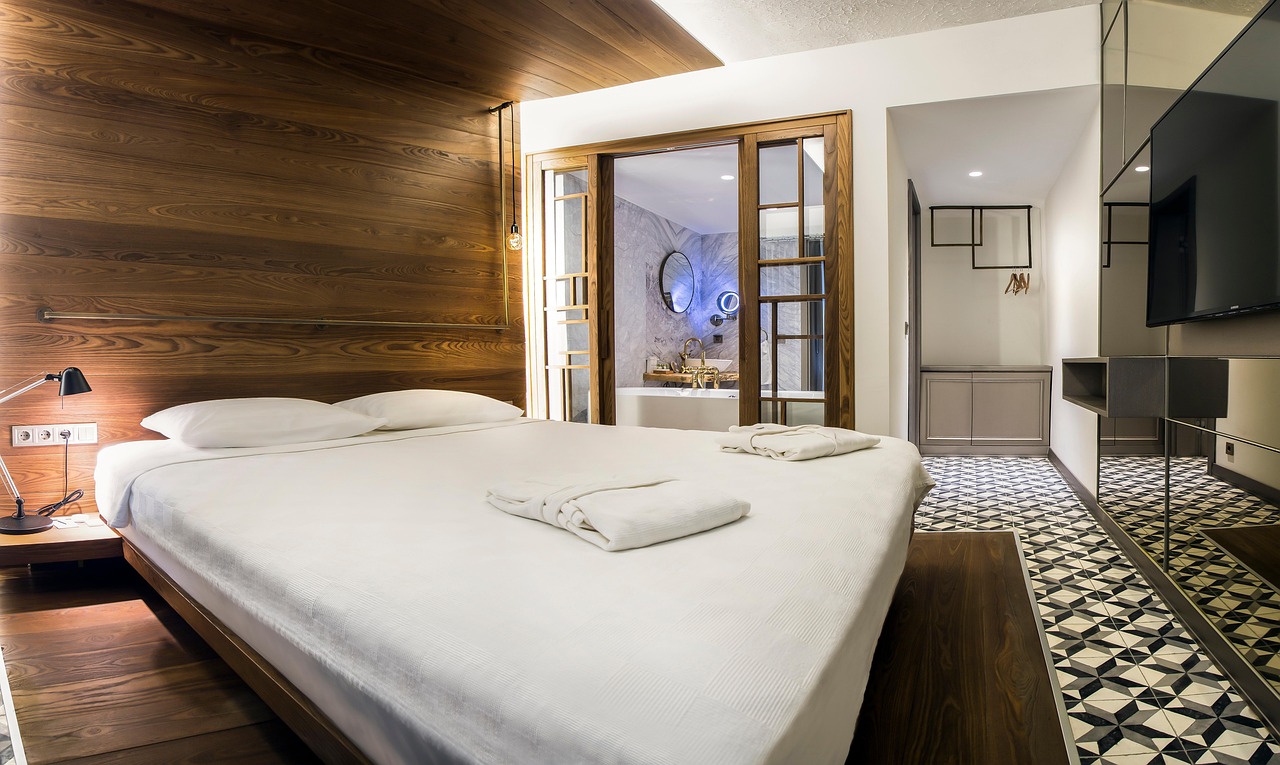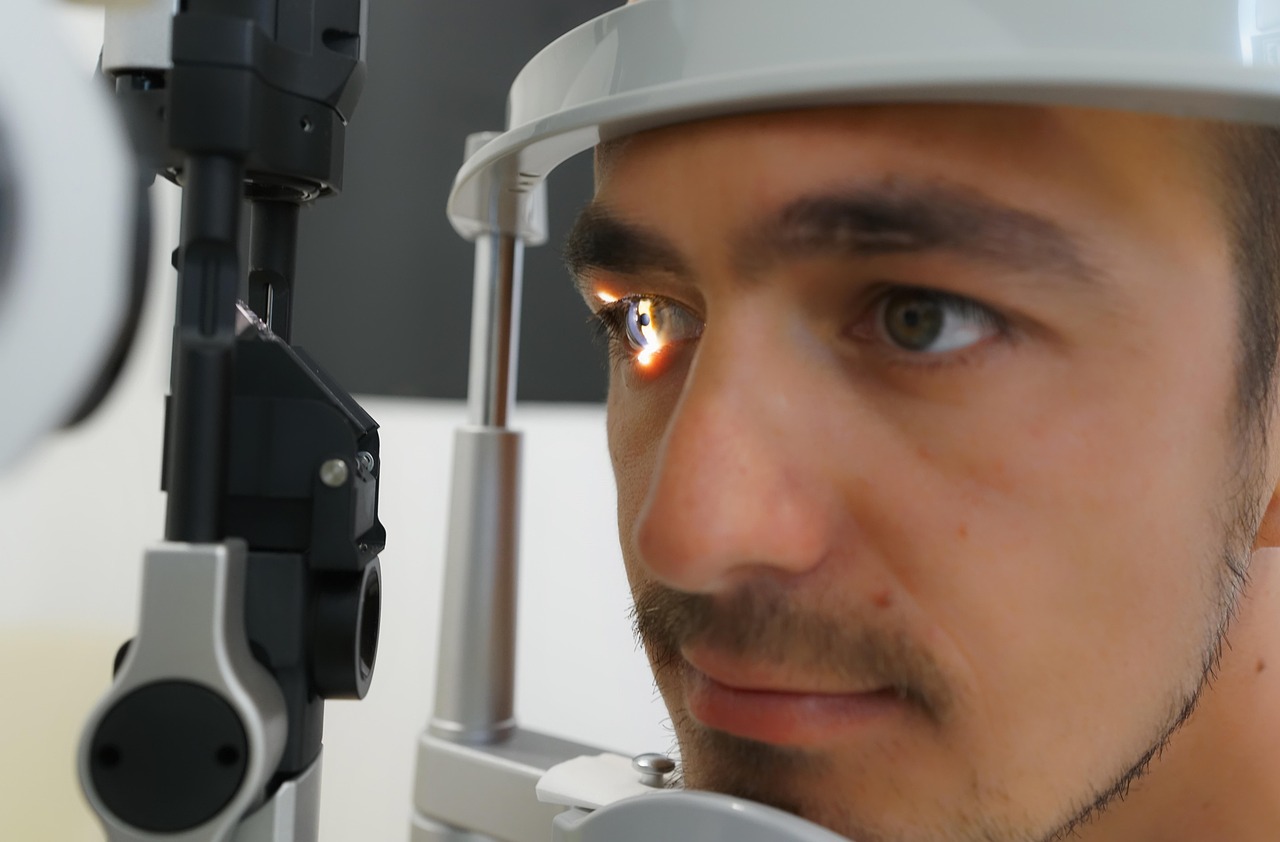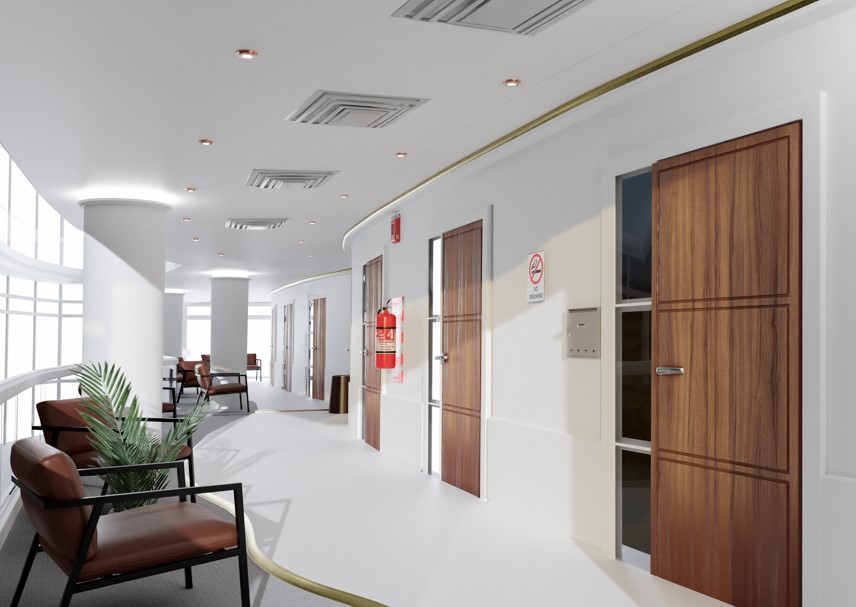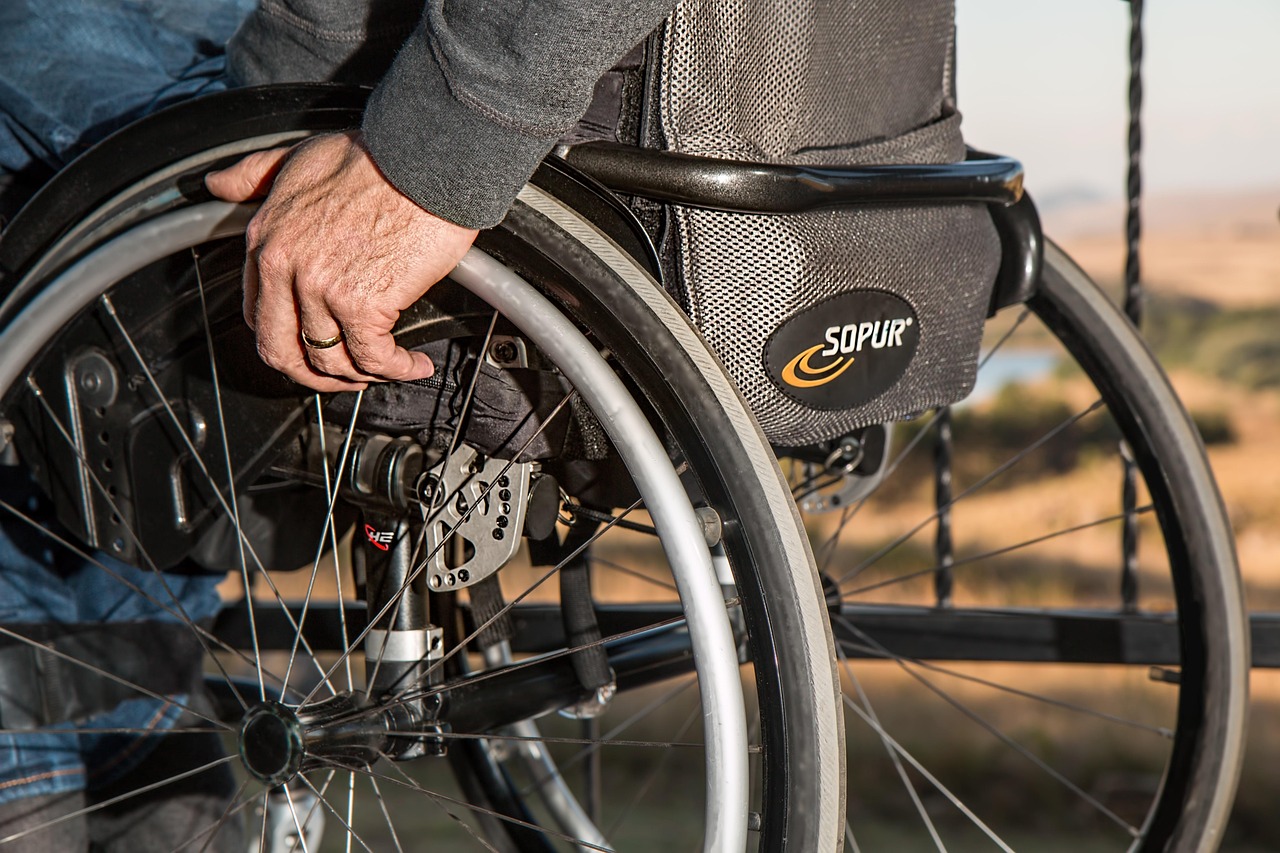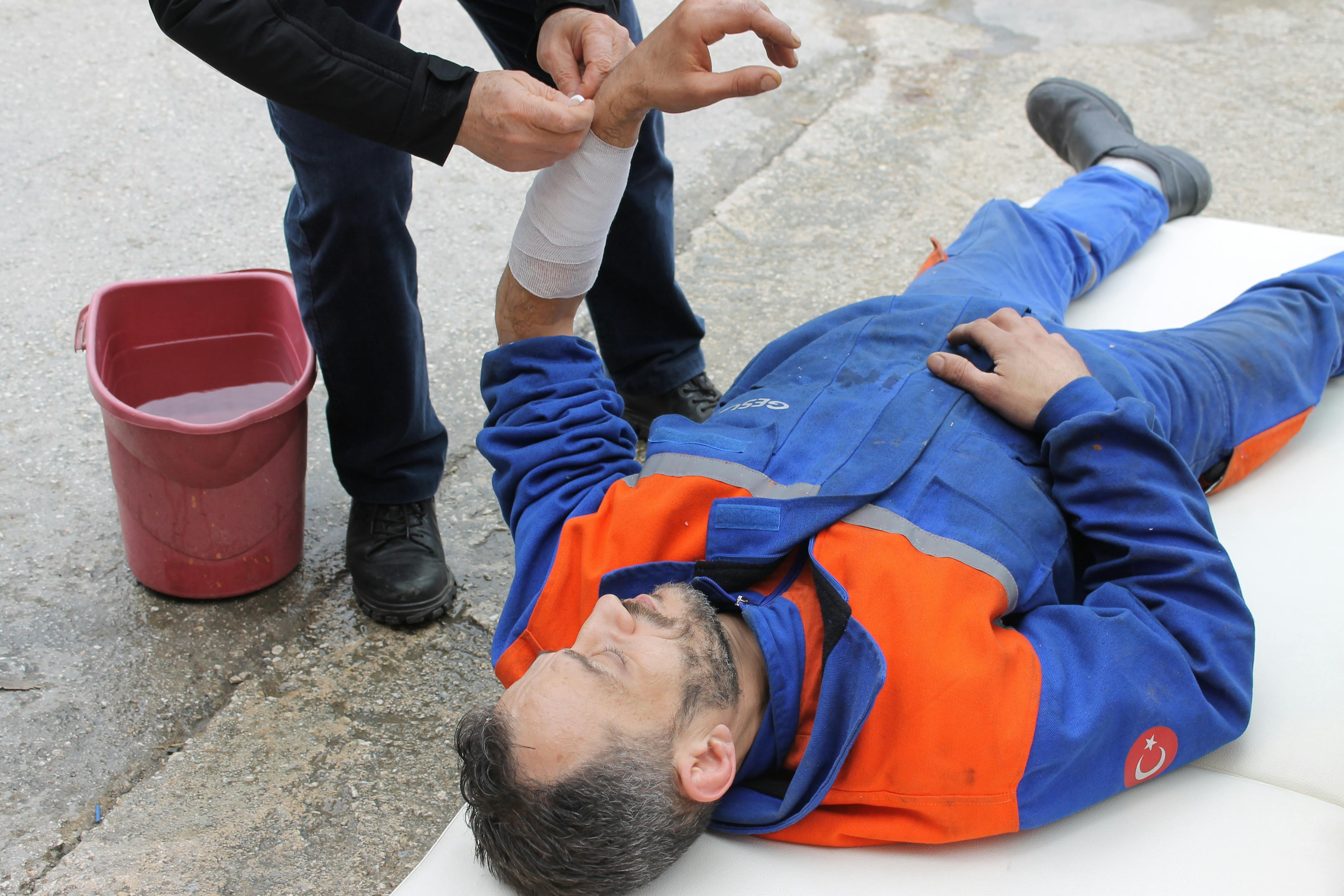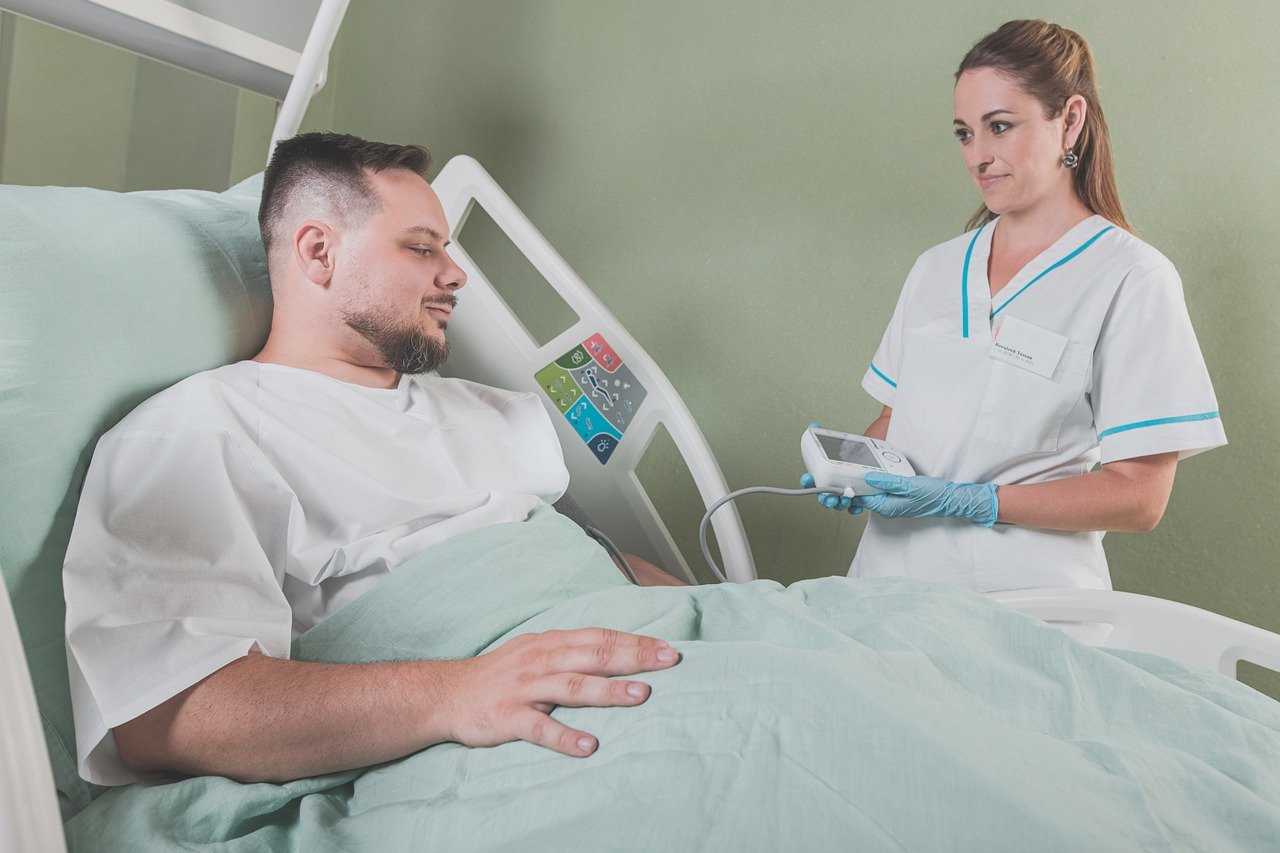19
Dec 2019
Surgery on Tuesday, room service by Thursday
Published in General on December 19, 2019
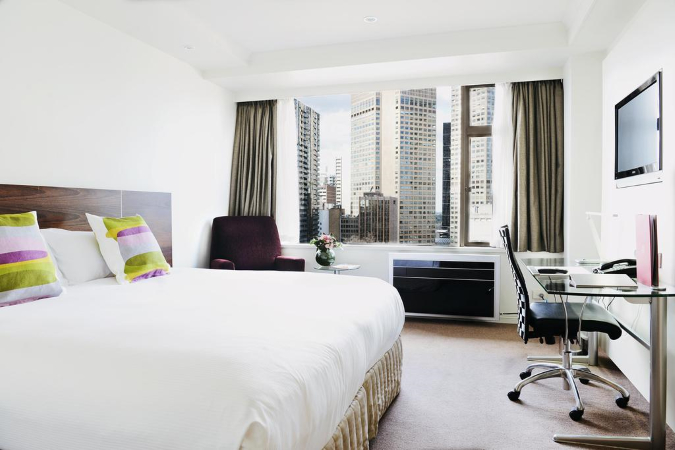
The Royal Melbourne is among the five hospitals in Melbourne which participated in a scheme funded by the government. This program encourages hospitals to utilize medi-hotels for the purpose of housing patients who are not necessarily in need of conventional hospital nursing. It includes those who have tests or day treatments. They have been implementing this scheme for several years and have been working with several establishments such as Elizabeth Towers.
It’s the State Government which recommended the medi-hotel program worth $ 150 million in order to decrease waiting lists at the hospital. Moreover, it’s more costly for hospitals to keep a bed open overnight than to pay for a room at another hotel.
The Alfred Hospital is also one of the hospitals that practices the medi-hotel scheme. In fact, it has been using South Yarra's Hotel Saville for quite some time. But back in October 2002, their very own in-house medi-hotel with 15 beds and a round-the-clock nurse on duty was opened to the public.
St Vincent's, on the other hand, recently opened an in-house medi-hotel which has 10 beds. Whereas the Box Hill Hospital still sends 15 country and pre-operative patients in Mont Albert where their special accommodation unit is located. Another hospital, the Austin, recently expressed their plans for opening a 16-bed center.
Dr Kim Hill, who is the Alfred Hospital’s director of medical services stated that the implementation of the medi-hotel is not simply a cost-cutting measure because it actually enabled the hospital to increase the number of patients they were attending to.
One Tuesday morning, a 28-year-old patient named Tim Jones underwent a delicate brain surgery which lasted for almost 4 hours. Through this procedure, a tumor was excised from his pituitary gland which is found at the bottom of his brain and behind his nose.
Within two days, the health workers from Royal Melbourne Hospital handed the newly operated patient a Cabcharge docket and sent him off to Rydges Hotel which is Royal Melbourne’s medi-hotel.
When Mr. Jones arrived at the medi-hotel, he was nothing but concerned and terrified of the potential post-operative side effects which he might encounter.
"They hadn't organised anyone to stay with me, and I have some concerns about that. What if there were a complication? I had a couple of phone numbers for nurses that I could ring 24 hours. What if someone became unconscious? Hotel rooms aren't set up for patients. The room I was in had a TV on a wall bracket - just at my head height," Mr. Jones said.
His statements cannot simply be discounted or brushed off because he had undergone a similar treatment almost 4 years prior. Based from his personal experience, there are certain post-operative side effects in which a companion, who isn’t a healthcare professional, might not pinpoint.
"You can get an electrolyte imbalance in the blood and you can start passing so much fluid that you become unconscious," he added.
According to Mr. Jones, the scheme is only ideal for those who were only in the hospital for minor procedures and were able to generally look after themselves. He strongly believes that patients who are still in recovery should not be transferred to medi-hotels considering the many life-threatening complications that could occur.
Mr. Jones spent two days at the hotel but had to go back to the hospital twice before he finally got discharged. The first was for a blood test and the second was for the removal of dressings inside his nose since it was the entry point for his brain surgery.
Mr. Jones firmly believes that he was only transferred to the medi-hotel due to shortage of hospital staff or beds.
The director of ambulatory and community medicine at the Royal Melbourne, Dr. Christine Kilpatrick, was not able to give any concrete statements regarding the incident but mentioned that she would look into the case if Mr. Jones would make a formal complaint.
"Patient safety is our number one priority. A patient would only be discharged if it was deemed safe to do so,” she added.
So far, the main health complaints body of Victoria hasn’t received any formal complaints from patients who were admitted to medi-hotels. Beth Wilson, who is the Health Services Commissioner, also claimed that so far she heard nothing but positive comments from patients who used the new system.
"The feedback suggests it has been good for patients and their families. It has been particularly good for dialysis patients who don't have to be stuck in a hospital," said Ms. Wilson.
Mukesh Haikerwal, who is the Victorian AMA president, added that medi-hotels enabled hospitals to avoid the unnecessary bed occupancy of individuals who could be accommodated outside hospitals.


